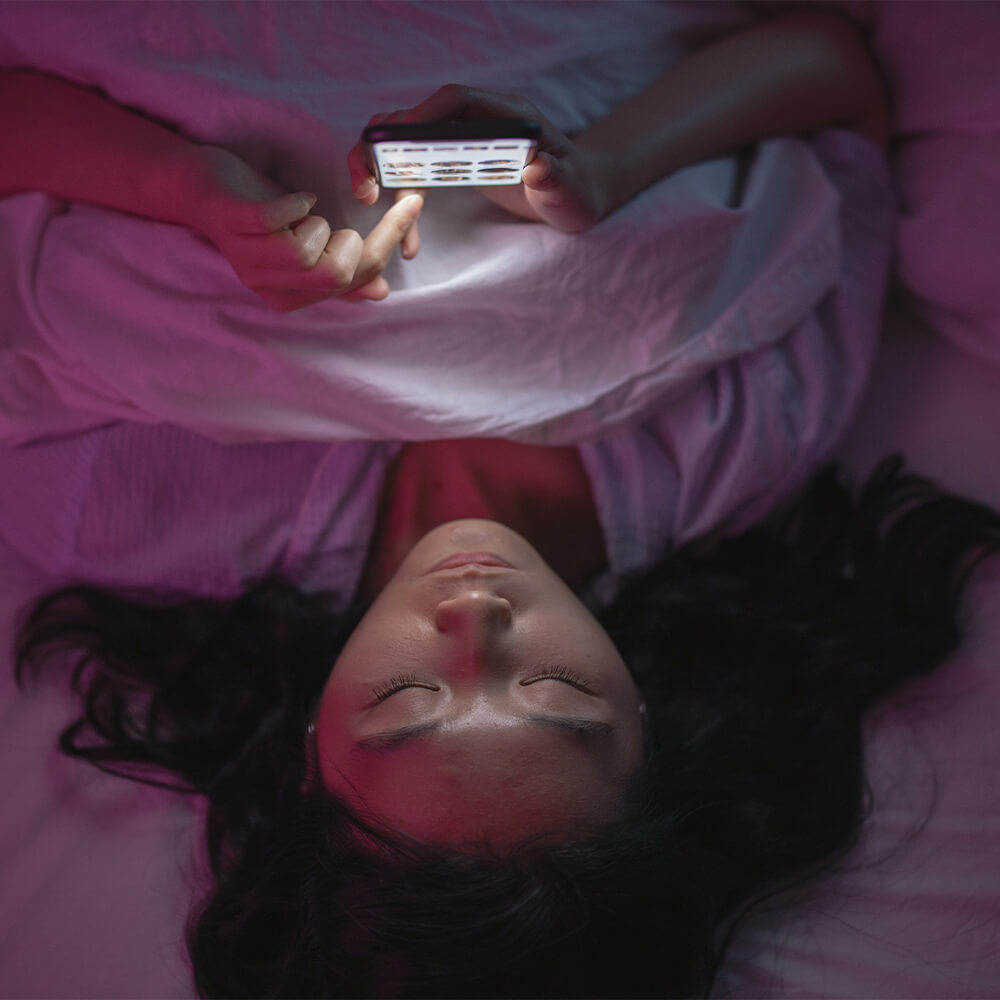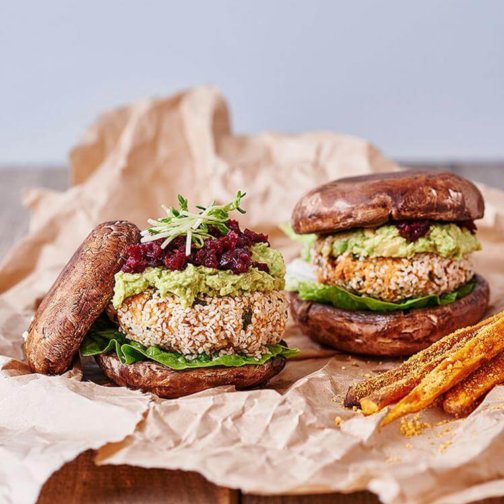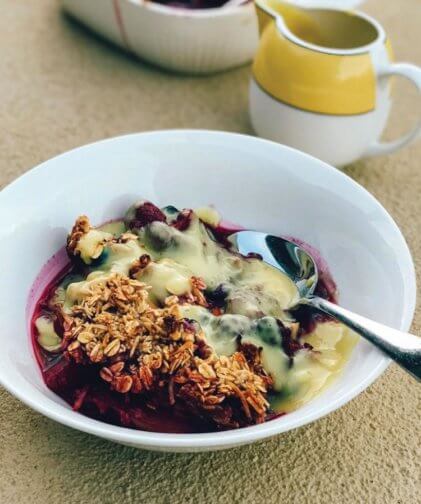
Sleep tight without the fight! You'll be waking up on the right side of bed with these lifestyle hacks.
“The worst thing in the world is to try to sleep and not to,” lamented F Scott Fitzgerald. Anyone who has spent restless nights frustrated about not being able to fall asleep, stay asleep, or sleep until their desired waking time, might be inclined to agree with the famous American writer.
According to a recent, comprehensive survey of sleep habits, the 2016 Sleep Health Survey of Australian Adults, between 33 and 45 percent of us either don’t get enough sleep or don’t get good quality sleep. The negative effects of this widespread sleep debt go way beyond fatigue, irritability, daytime drowsiness, an inability to concentrate, and impaired work and study performance. Consistently short-changing yourself on sleep can also threaten your health, and even your life, in two major ways.
Firstly, sleep deprivation is a major contributing factor in traffic accidents. Of the sleep survey respondents, 29 percent reported being drowsy while driving at least once every month, while a startling 20 percent admitted to previously dozing off while driving, and five percent had been involved in an accident in the past year because they fell asleep at the wheel. Secondly, studies show that sleeping less than six or seven hours on average per night may increase your risk for obesity, type 2 diabetes, heart disease, high blood pressure, and dementia, while also suppressing immune function, which in turn heightens the risk of infections and possibly cancer.
The good news is that making some simple tweaks to your daily food and lifestyle habits can ease your nightly passage to dreamland. Let’s take a look at some key dos and don’ts.
DEHYDRATION EQUALS SLEEP FRUSTRATION
To fall asleep, your core temperature needs to drop, and your body has a clever mechanism for achieving this. The tiny blood vessels just under your skin dilate, bringing more blood flow to the skin, which allows heat loss to the surrounding environment. But dehydration from insufficient fluid intake throughout the day prevents this vasodilation, and the resulting core temperature drop. Dehydration can also cause nocturnal leg cramps and snoring, both of which disrupt sleep. Of course, drinking too much fluid just before bedtime leads to excessive nocturnal bathroom trips, so aim to drink most of your water intake in the morning and early afternoon. It’s also a good idea to sleep in a cool room to aid a core temperature drop.
CUPPA JOE IS A SLEEPY NO-GO
Regular caffeine intake is associated with disturbed sleep and associated daytime sleepiness in children, adolescents, and adults. Since it can take your body up to 24 hours to eliminate the amount of caffeine found in a single cup of coffee, even your early morning heart-starter may still be messing with your sleep that night. If you can’t do without your daily coffee, try to stick to one and have it early in the day. The same goes for other caffeinated drinks.
YOU BOOZE, YOU LOSE
Drinking alcohol at night decreases the time that it takes to get to sleep – hence the idea of having a nightcap before bed – but increases sleep disruption and degrades sleep quality in the second half of sleep. So, more of a night trap. In particular, alcohol throttles rapid eye movement (REM) sleep, the sleep phase during which your brain consolidates what was learned that day. Getting enough REM sleep is crucial for preventing cognitive decline and dementia. Skip the nightcap and if you’ve had a few drinks, make sure to match each alcoholic drink with a drink of water.
CARB UP EARLY TO SLEEP WELL LATER
A high-carbohydrate meal raises core body temperature and heart rate, and reduces secretion of the ‘sleep hormone’ melatonin, which is just what you need in the morning to help you feel alert and awake. But it’s definitely not what you need at night! Dinners should be vegetable-based and relatively low in carbohydrate and protein. Eating a generous, carbohydrate-rich breakfast within an hour of waking up, consuming at least two-thirds of your total energy intake between breakfast and lunch, and ensuring that you finish dinner at least three hours before going to bed will help you get to sleep more easily and minimise sleep disturbances during the night.
BREATHE EASY TO SLEEP EASY
Obstructive sleep apnoea (OSA) is a major cause of impaired sleep quality and daytime sleepiness. Research points to a link between dietary fat intake and OSA. In particular, among overweight people with OSA, sleep apnoea symptoms are twice as severe in people who eat more than 35 percent of their daily energy intake from fat compared to those who eat less fat. Higher intakes of processed meat and eating more than two serves of dairy products per day have also been associated with more severe OSA. It’s just one more reason to eat a healthy plant-based diet!
DON’T AS-SALT YOUR SLEEP
Dietary salt intake causes blood vessel walls to stiffen, reducing the vasodilation that needs to take place in order for your core temperature to drop so you can fall asleep. Aim to keep your diet low in salt. Try using herbs and spices instead of salt to make your food tastier, and especially avoid salty meals and snacks at night.
EXERCISE YOUR RIGHT TO SLEEP
The normal drop in body temperature during the late afternoon is one of the cues for secretion of the ‘sleep hormone’ melatonin. If you raise your core temperature through exercise, the drop in body temperature is more dramatic, triggering more melatonin release. To raise your core temperature, you’ll need to work out hard enough to feel warm and raise a sweat.
You get bonus points if you exercise outdoors at this time, as you’ll be stacking the benefits of exercise on top of the synchronisation of your circadian rhythm to the 24-hour light and dark cycle – the other major cue for melatonin secretion. While morning sunlight is enriched with blue spectrum light, which suppresses melatonin and promotes alertness, the sun’s rays shift to a redder light spectrum in the late afternoon and evening, boosting melatonin and helping us to unwind and feel sleepy at bedtime.
The optimal time to exercise if you’re using it to help you sleep better is around four hours before bedtime. Don’t do vigorous exercise any later than this, or the adrenaline from your workout will still be circulating when you’re trying to wind down. Gentle exercise, such as the slower forms of yoga, is okay close to bedtime.
BATHE IN THE GLORY OF SLEEP
If you can’t exercise four hours before bedtime or aren’t inclined to, a warm – not hot! – bath two hours before bedtime has a similar effect on body temperature. That is, it encourages a rise in core temperature which, when it falls post-bath, induces greater secretion of melatonin. You might even use some magnesium salts or a few drops of a calming essential oil, such as lavender, for a gloriously sleep-inducing bath.
SCREENS OFF TO NOD OFF
As mentioned previously, blue-enriched light – such as we experience when we go outdoors in the morning – suppresses melatonin and promotes alertness. Unfortunately, this same melatonin-suppressing blue light is emitted by the screens of our televisions, smartphones, computers, and tablets. For optimal sleep, it’s best to turn off those devices at least three hours before bedtime. If you genuinely can’t avoid screen time at night, use blue light-blocking glasses or amber filters on screens.
Sleep is one of the most neglected pillars of health, and the consequences of this neglect are wide-ranging and serious. Fortunately, simple changes to your eating and drinking habits, mindfully choosing your ‘light diet’, and timing your exercise, can solve most common sleep problems and pave the way to a well-rested, healthier, and happier you.





















